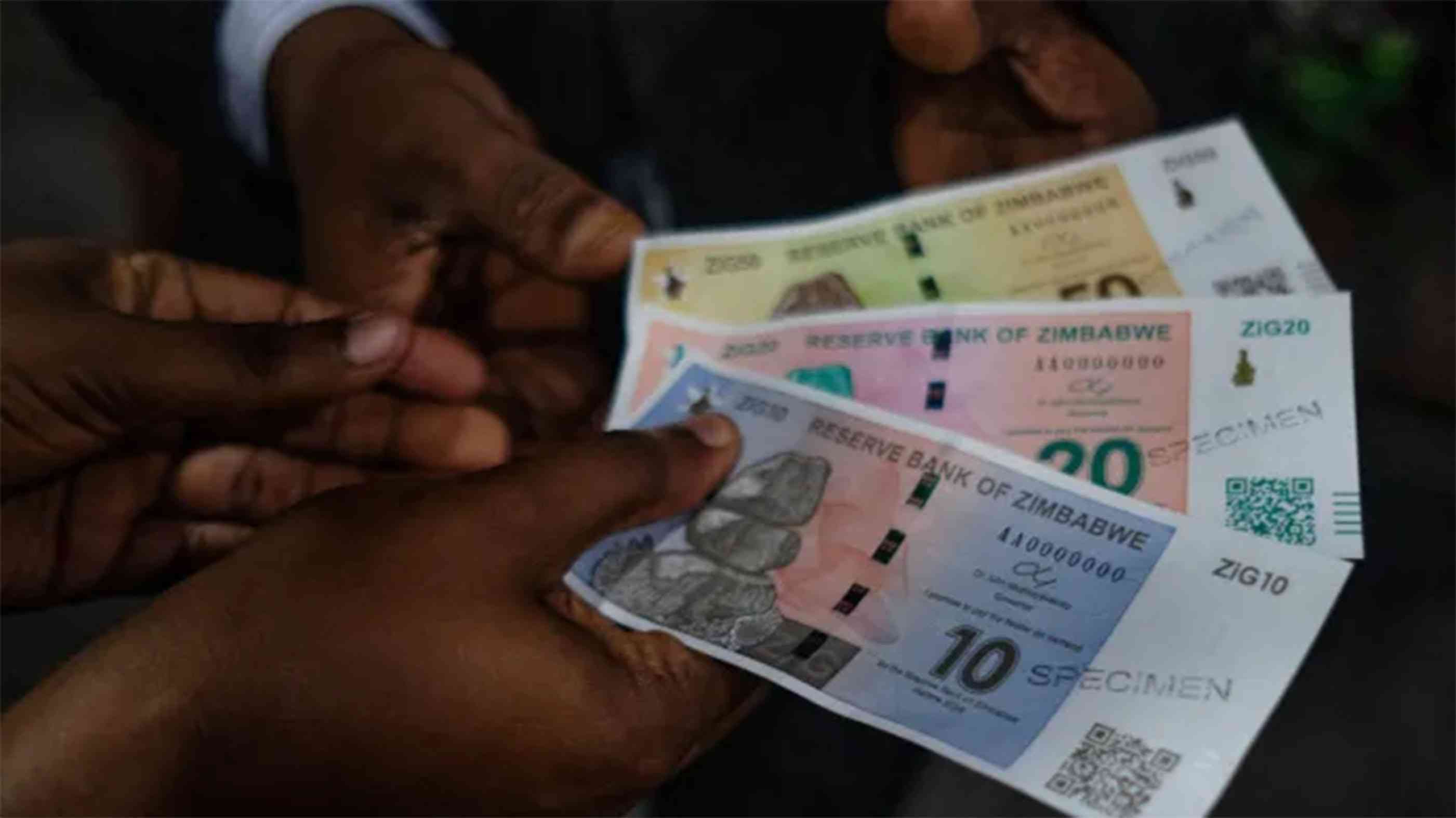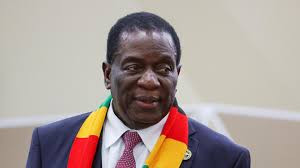
THE government last week successfully introduced a new currency, the Zimbabwe Gold (ZiG), a commendable move, given that no nation can grow economically by using the currencies of other people.
As Zimbabweans, we all want to have a functional currency, but in order for that to happen, the government needs to carefully consider its policy options.
We do not want the new currency to fail, which is certain to happen in the absence of sufficient support. Thus, we implore the monetary and fiscal authorities, as well as businesses and ordinary citizens, to support the new unit. The government has received excellent advice from economists regarding how best to safeguard ZiG. Therefore, it now has the upper hand. There should be no excuses.
For example, economist Gift Mugano urged Finance minister Mthuli Ncube to come up with fiscal measures to support the monetary policy. These included mandating that all government payments, including local ones, be made in ZiG, along with all tariffs, taxes, levies, and fees for services like passports, birth certificates, and death certificates.
Again, the government ought to order service stations to accept both United States dollars (USD) and ZiG. He said this needs to be implemented in a way that adheres to the principles of the multi-currency regime. The fiscal authorities need to adjust the financing model for public infrastructure and transition from short-term cash financing to long-term financing options like diaspora bonds.
To prevent the RBZ from printing money, they ought to set aside money for the liquidation of 25% export retention surrender requirements.
Ncube was also urged to submit a fresh budget statement denominated in ZiG. A supplemental budget must be included in order to account for exchange movements, as the current has been undermined by fluctuations in exchange rates.
The minister should review downward taxes and eliminate some tax heads such as the sugar tax.
- New Perspectives: Gold coins alone will not tame Zim’s inflation
- Fears of jobs carnage as crisis deepens
- Binga to Rwanda: ED’s dilemma
- New Perspectives: Gold coins alone will not tame Zim’s inflation
Keep Reading
Mugano argued that the current tax regime is causing inflation in USD, which means that inflation in ZiG will be massive.
Policies bolstering industry should be developed, as it will be hard to sustain the new currency without productivity and production.
“If the minister of Finance fails to take heed of this call and wait to present his mid-term budget review in July and most importantly, stick (to) the exclusive use of USD at the expense of ZiG, I will gladly volunteer to be the undertaker of the ZiG,” he said.
We concur with the recommendations made by Mugano and other economists. Zimbabweans, especially the country's monetary and fiscal authorities, will determine whether ZiG survives or fails.
John Mushayavanhu, governor of the central bank, pledged to continue strict monetary policy and to end all quasi-fiscal activities by the top bank. He should adhere to his policies despite the challenges that lie ahead. While doing so would not be simple, it is still feasible.
We hope that Zimbabwe will never again introduce a new currency. We have had enough of being laughed at by other countries in the region and globally. By working together, we can make it happen.











